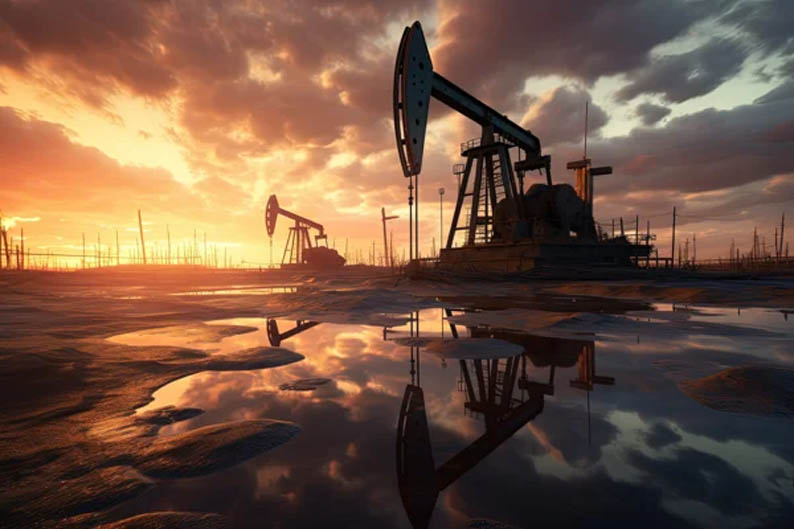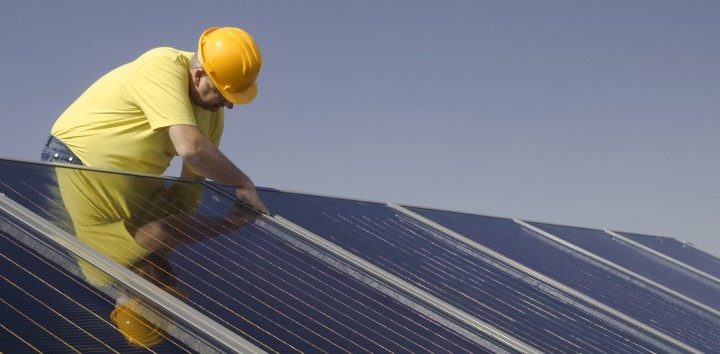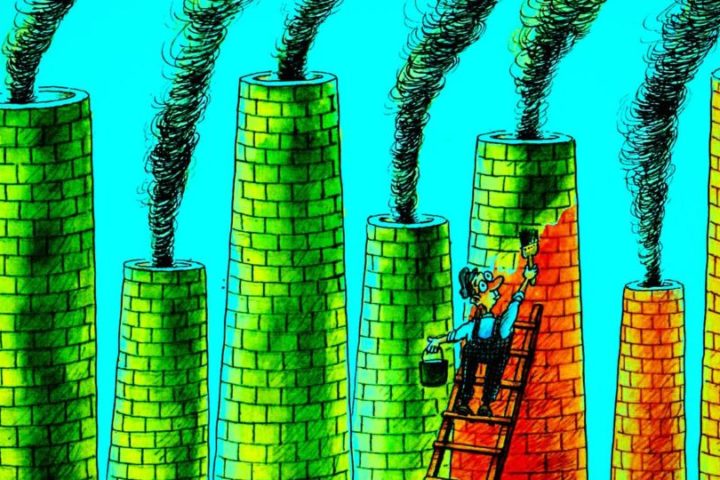By Charles Ellinas
Despite their foresight, contingency plans, position papers and gaming out a second Trump term, EU leaders find themselves exactly where they were four years ago: unprepared and knocked out.
Donald Trump vowed to guarantee US energy supply security to Europe. But for this to happen, it needs Europe’s readiness to enter into long term LNG supply contracts.
Europe doesn’t need US LNG, but might buy it anyway in response to pressure by Trump. The EU’s accelerated shift towards renewables and de-industrialisation have reduced gas demand and this is still declining.
In any case, the European Commission confirmed at the World Economic Forum in Davos that it is open to US energy and arm sales talks to stave off tariffs.
Europe’s gas consumption has fallen to a 10-year low as peak LNG demand nears. It declined by 20% since Russia’s invasion of Ukraine. As a result, the EU’s LNG consumption is forecast to peak in 2025.
American LNG to Europe has grown significantly since the 2022 energy crisis. US market share in the EU’s LNG was 45% in 2024.
The price of European natural gas has surged back to the key €50 per MWh level and is expected to climb higher in 2025.
European demand will tighten the global LNG market in 2025, with Trump policies in the spotlight. There is enough flexible LNG in the market to cover this, but it comes at a price.
EC says it will continue gas supply talks with Ukraine and will include Hungary and Slovakia in these talks.
2025 is also set to be a particularly tumultuous year for the EU. Its Clean Industrial Deal is key, but will be very challenging to achieve.
European asset managers are now grappling with the difficulty of putting into practice commitments to cut emissions as the wider economy is faltering and is slower to wean itself off fossil fuels.
More and more EU political leaders are calling for flexibility in meeting EU climate goals, joining centre-right calls for greater flexibility in meeting EU climate targets, supporting instead a technology-neutral approach.
A European Commission draft document on the EU’s new economic vision, “Competitiveness Compass”, shows Brussels is considering putting deregulation before decarbonisation, by unprecedented cutting of red tape.
This is supported by former EC vice-president Donald Tusk who said: “If we go bankrupt no-one will care about the world’s environment any more,” and called for an honest, full and “very critical review of all regulations, including those arising from the Green Deal.”
Europe’s main economic driver, Germany’s industry is on life support. High energy prices, an ageing workforce, lack of innovation, and a changing world economy put a question mark behind Germany’s once-mighty export model, with no clear answers.
Germany’s likely next chancellor vows to put economy before climate. He has vowed to restore Germany’s industrial competitiveness by putting climate policies on the back burner. It is pointing toward widespread deregulation targeting the European Green Deal in particular.
Similarly to the rest of Europe, Britain’s chemical industry is heading for extinction because of a combination of high energy prices and carbon taxes, according to Sir Jim Ratcliffe, owner of petrochemicals group Ineos.
EU methane rules could threaten energy security. LNG industry worries it could be ‘impossible to comply’ with new regulations, hindering the EU’s ability to import the fuel.
Renewables made up nearly half of EU’s electricity mix last year, while fossil power fell to a historic low.
US rolls back climate policies
Dispatch from the Atlantic Council at Davos: Donald Trump is both symptom and driver of our new geopolitical era. It will be one characterised by more government intervention, less common cause, more mercantilism, less free trade, freezing of the IRA and more big-power swagger.
Aides spent months drafting executive orders that allowed Trump to rapidly set the political agenda, leaving his many enemies in disarray.
Following his inauguration, in a matter of days President Trump rolled back climate policy on multiple fronts: the Paris Agreement, EVs, wind energy, lifting of the LNG pause, environmental justice, energy emergency, “drill baby drill”. He has made energy a clear focus for his second term.
With Trump lifting restrictions, the US LNG industry is poised to expand. S&P finds ramp-up of exports could add $1.3 trln to the U.S. economy in the next five years with capacity expected to double.
But at least for now, as US LNG export developers ramp up efforts to secure volumes, the number and success of projects remain uncertain due to market dynamics and financial and legal challenges.
Higher US LNG exports to Europe under Trump risk market glut, resulting in instability. Trump is pushing for more US LNG exports to be sent to Europe, even though EU gas demand is already in decline, down from 38% in 2023 to 33% in 2024.
The EIA expects US LNG exports to increase to over 190 bcm/yr by 2026.
Oil companies and investors talk down Trump’s “Drill, Baby, Drill” as prices stay low, exploration budgets shrink, coupled with heightened fear of declining oil demand and surging clean energy alternatives.
The EIA published its first energy-sector forecasts through to 2026. It expects US oil production to increase by just over 2% in 2025, with gas exports to increase by 17%.
US crude oil inventories have depleted much faster than normal since the middle of 2024, which is beginning to put upward pressure on prices.
AI is set to fuel a surge in new US gas power plants. Climate targets are in peril as Big Tech turns to fossil fuels to feed energy demand. As many as 80 new gas-fired power plants will be built in the US by 2030, totaling 40GW capacity, equivalent to the the size of the electricity system of Norway.
Six major US banks, led by Blackrock, have pulled out of the Net Zero Banking Alliance. The timing of their withdrawal may be tied to Donald Trump taking office, but also their unwillingness to be tied to stringent net-zero target enforcement.
Brazil’s COP30 chief said that the Paris Agreement exit by Donald Trump threatens global climate efforts.
Trump’s endorsement shows data-centre dominion is now a national priority. Whichever country first reaches ‘artificial general intelligence’ (AGI) poses a significant threat, commercially and militarily, to the rest.
China to drain world energy supply
China’s natural gas imports, including pipeline gas and LNG rose 9.9% in 2024 compared to the year before, according to new data.
The China Electricity Council said that the country plans to add about 330 GW of new solar and wind capacity to its grid in 2025, taking the total to 640 GW wind and 1100 GW solar.
China’s dominance in Iraq is growing and is redefining the Middle East energy game. With control of West Qurna 1 and major deals post-2018, Beijing’s Belt-and-Road is reshaping regional geopolitics
Dr Charles Ellinas is a Councilor at the Atlantic Council
X: @CharlesEllinas









